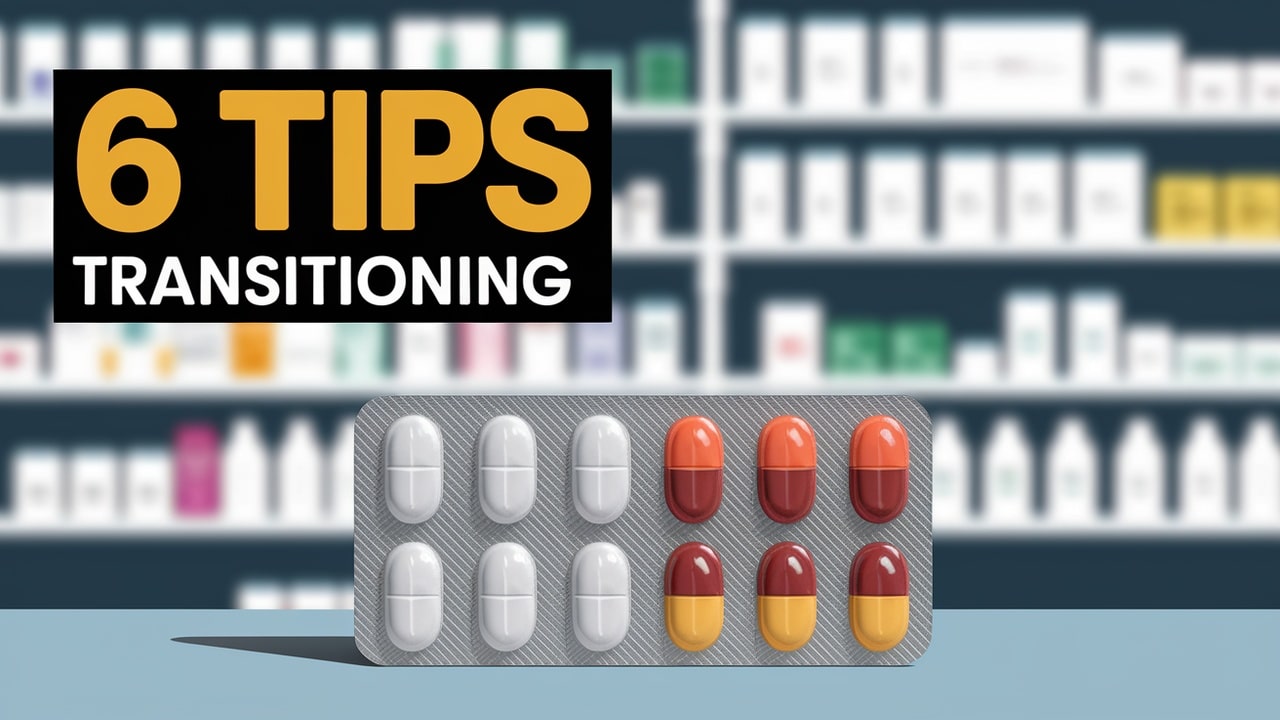
How Aging Affects Your Hair
Hair health is an essential aspect for many. That’s why most people invest a fortune in keeping their hair in tip-top shape. This consumer behavior has contributed to the constant growth of the hair care market. The segment is valued at USD$91.23 billion and will likely grow at an annual rate of 3.03%.
However, your hair may change in several ways as you grow older. As such, it becomes difficult for them to find top hair loss treatments ideal for their problem. If you’re facing this challenge, this article is for you. Here you’ll learn how aging affects your hair and how to deal with it.
Table of Contents
Here are four ways how aging affects your hair and how to deal with it.

sparse hair and bald head problem on a grey background
Regular hair changes due to aging
So, how does your hair change as you age? Some of the main factors that may change as you grow older are hair texture, color, and thickness. Hair may become thinner, dryer, and more brittle.
You could also get gray or white hair due to decreased melanin production. Additionally, it may fall out more quickly and take longer to grow.
These changes occur naturally as part of the aging process. While they may be disappointing, they’re not necessarily a cause for alarm.
It’s worth noting that these hair conditions don’t affect everyone the same way. You may experience part or all of the changes mentioned. Also, you could see some of these symptoms before aging due to genetics, a condition called androgenic alopecia.
The hair growth cycle
The hair growth cycle shows the relationship between aging and hair loss. This cycle consists of three phases: anagen, catagen, and telogen.
- The anagen (growth) phase
Anagen is the active growth phase of the hair follicle. It involves the rapid division of cells and the elongation of the hair shaft, lasting for two to six years. Although the duration varies with genetics, it’s still the longest of the three phases.
- The catagen (transition) phase
During this phase, the hair follicle shrinks in size, and the hair stops growing. The hair is then cut off from the blood supply and is pushed upwards toward the skin’s surface. This process takes about two weeks.
- The telogen (resting) phase
This resting phase lasts approximately three months, during which the hair follicle is dormant. The hair is held in place by the skin before it’s eventually shed, and the growth cycle starts anew with the anagen phase.
How does aging affect this three-phase cycle?
As you age, the duration of the three phases above may change significantly. Here’s how:
- Anagen phase shortens: The hair growth will likely occur slowly and within a shorter time. As a result, you’ll have thinner and weaker hair prone to breakage.
- Catagen phase prolongs: The transition stage may also take longer than the usual three weeks, leading to more hair falling out and less growing back.
- Telogen phase lengthens: Higher duration in this phase means the hair may take longer to regrow after falling out.
Other effects of aging include:
- Reduced blood supply to hair follicles makes it harder for new hair to grow.
- Changes in hormonal levels as you age can also affect the growth cycle. For example, women in the menopausal stage may experience hair thinning due to reduced estrogen levels.
- Aging can also lead to nutrient deficiencies affecting hair growth, such as a lack of iron for healthy hair.
As mentioned, hair loss due to aging isn’t an alarming issue. Nevertheless, you can still employ a few practices to keep your hair in its best possible condition. Read below to learn more.
How to care for aging hair
Below are some tips for promoting healthy hair as you age. You must be gentle and avoid harsh treatments when applying these routines.
- Get regular trims to prevent split ends and breakage.
- Use gentle styling methods like air drying or diffuser. Avoid heat styling tools as they may worsen your hair condition.
- Wear a hat or use an ultraviolet protectant spray, as the UV rays can damage your hair.
- Consider hair care products specifically formulated for aging hair, such as those containing biotin, keratin, or collagen.
Your diet can also have a significant impact on your hair’s health. So, ensure you take foods rich in vitamins and minerals.
Conclusion
Aging is one of the leading causes of hair loss because it affects the hair growth cycle. The hair will likely become thinner, dryer, and more brittle as you age.
However, you can promote healthy hair at any age with proper care. Use the right hair care products, protect your hair from direct sunlight, and eat a healthy diet. These tips will help maintain the beauty of your hair.






